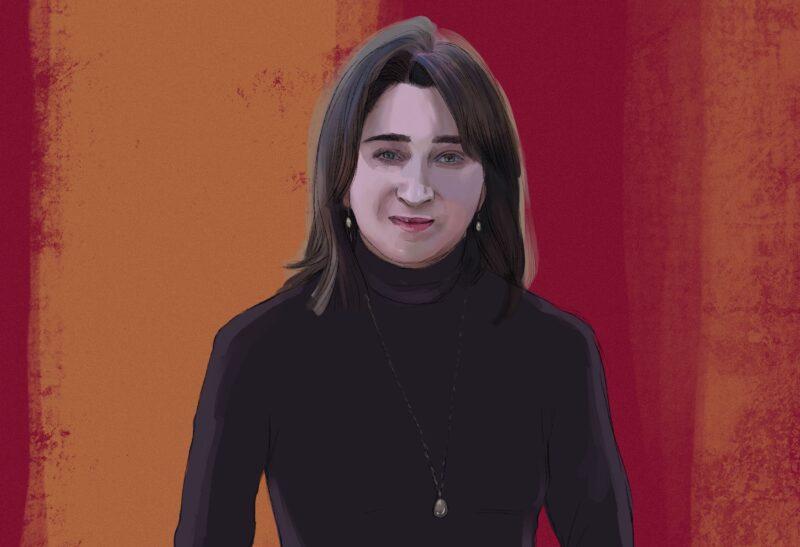Azerbaijan is set to host the COP29 Climate Change Summit next year, backed by support from Eastern European nations. However, concerns have emerged due to Azerbaijan’s oil production and human rights situation.
Mukhtar Babayev, Azerbaijan’s Minister of Ecology, expressed gratitude for the support from countries like the United Arab Emirates, crucial in securing the summit’s hosting rights.
Yet, voices of dissent surfaced following this decision. Individuals, including the daughter of imprisoned anti-corruption activist Gubad Ibadoglu, questioned the suitability of a country detaining corruption whistleblowers to host such a significant global event.
The deadlock over the summit’s host arose due to Russia’s opposition to any proposal from a European Union member, amidst EU sanctions against Moscow for its actions in Ukraine. This necessitated approval from nearly 200 participating countries for Azerbaijan to secure the hosting rights.
The impact of chairing such a summit is substantial, shaping a nation’s agenda and international image. Previous summits, like COP28 in the UAE, drew massive participation with over 90,000 delegates.
Azerbaijan’s Ministry of Foreign Affairs assured readiness despite initial concerns about holding climate talks in a major oil-producing nation. They emphasized plans to diversify energy sources, focusing on wind and solar power.
However, concerns amplified due to a series of arrests in Azerbaijan, particularly among journalists. Last year, prominent anti-corruption figure, Ibadoglu, also a London School of Economics professor, was detained, drawing condemnation from entities like the US State Department and the European Union.
Recent arrests targeted journalists, with allegations of smuggling. Raids at media offices purportedly uncovered substantial amounts of money, disputed by the media heads. These detentions have raised concerns about press freedom and human rights in Azerbaijan, with fears that the arrests might be attempts to stifle journalistic activities.



